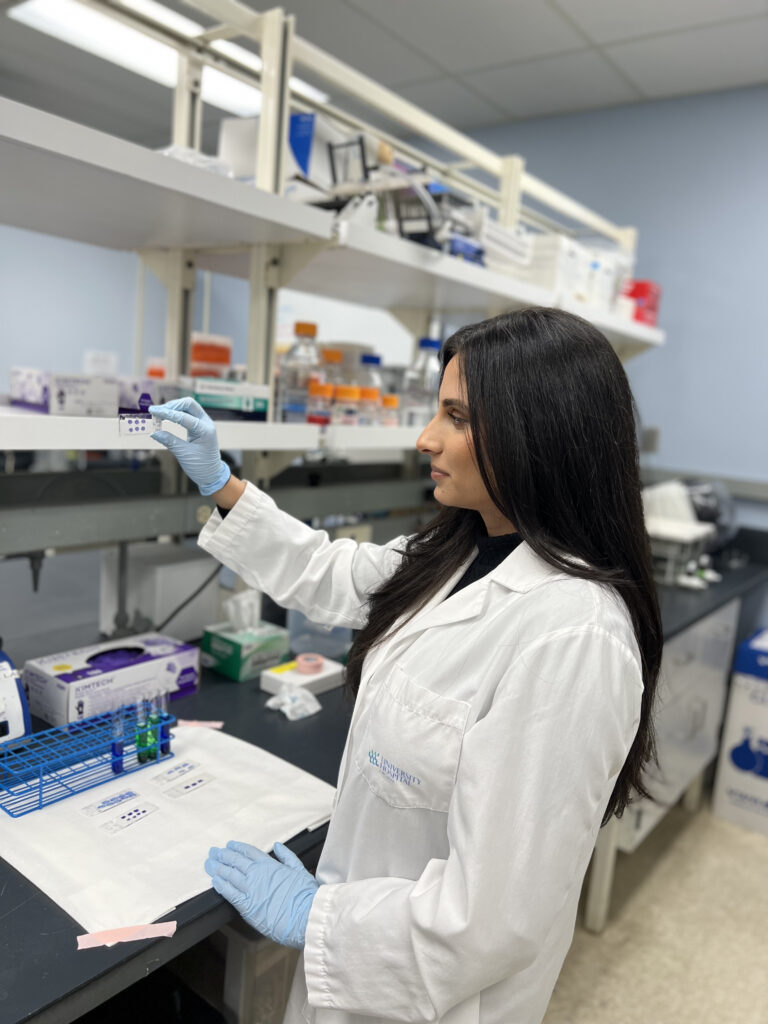Hitasha Bajaj is a MSc student in the Graduate Program in Neuroscience under the supervision of Drs. Kiran Soma and Annie Ciernia. Hitasha’s thesis project investigates the effects of early life stress on local glucocorticoid regulation and gene expression in the brain later in life. More specifically, she is interested in understanding the mechanisms underlying the negative effects of early life stress and the role microglia plays in neurosteroid synthesis and regulation. We caught up with Hitasha to learn more about her research interests and how she got to where she is today.
What is your educational background?
I completed my BSc in Behavioural Neuroscience with a minor in Law and Society at UBC in 2022. I started working in Dr. Kiran Soma’s lab during my second year of undergrad. My undergraduate experience had solidified my passion for research and I knew I wanted to pursue it further. By being co-supervised I am able to integrate neuroendocrinology and neuroimmunology, allowing me to have a multi-disciplinary project!

Where did you grow up?
I was born in Mumbai, India and moved to New Jersey, USA at the age of 4. I then relocated back to India at the age of 10 before settling in Vancouver, Canada at 12. Needless to say, I’ve moved around a lot! Having to adapt to the different societal norms, cultures and education systems so young definitely taught me skills that I implement in my life today!
Why did you choose Neuroscience?
My fascination with the brain began as a child. Having a close family member be diagnosed with Alzheimer’s Disease exposed me to the fragilities of the human brain at a young age. However, it was not until I was diagnosed with meningitis towards the start of my undergraduate studies, that I had decided to pursue a degree in neuroscience. I was driven by the curiosity of what had happened to me and why it had happened. I wanted to learn the neural underpinnings of such diseases, sparking my interest in research.

What are your future career goals?
Ultimately, I would like to pursue a career as a physician-scientist. The phrase “bench to bedside”, and vice-versa, has always been one of my favourite phrases. As a physician-scientist, I would be able learn about medical struggles of patients in a clinical setting and then further investigate the mechanisms underlying the diseases in the lab.
What advice do you have for students interested in graduate school?
If I could give one piece of advice, it would be to be persistent and gain experience in the areas of your interest. Your undergraduate degree is a perfect time for you to dabble in various academic and professional pursuits. This will allow you to find the field that fits you the best.


